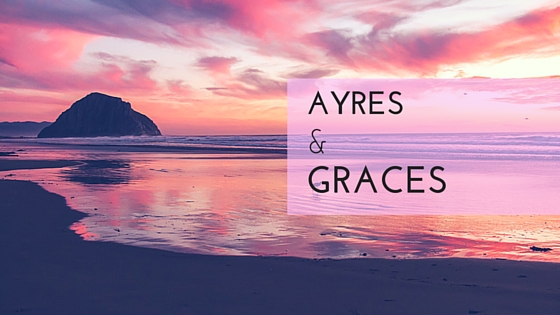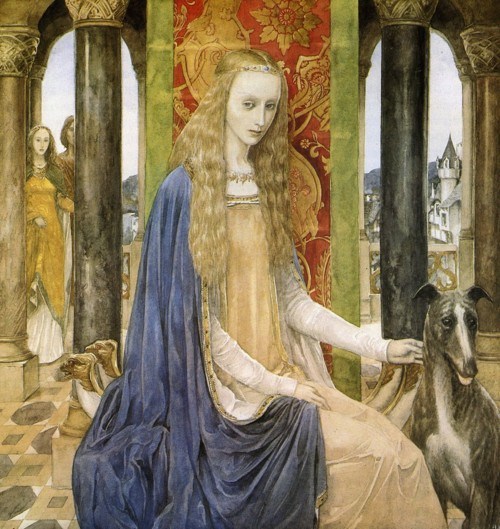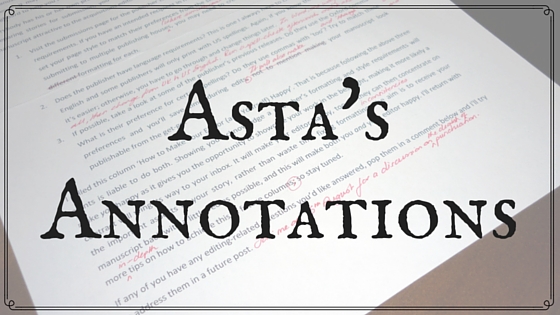Ayres and Graces: Queer Author Interview
Being a writer is already a huge challenge and being a queer writer brings with it a whole new set of challenges. This week we have queer writer and artist duo Finn Lucullan and Kate Larking who jointly create the queer space opera webcomic Crash & Burn. I spend my entire first impression explaining what I am rather than what I do. — Finn What challenges have you personally faced as a queer writer? Finn: Hello! I’m Finn, a 22 year old queer (agender aromantic, would call my sexuality “queer” for lack of a better term) writer and artist from Canada. … Read more












